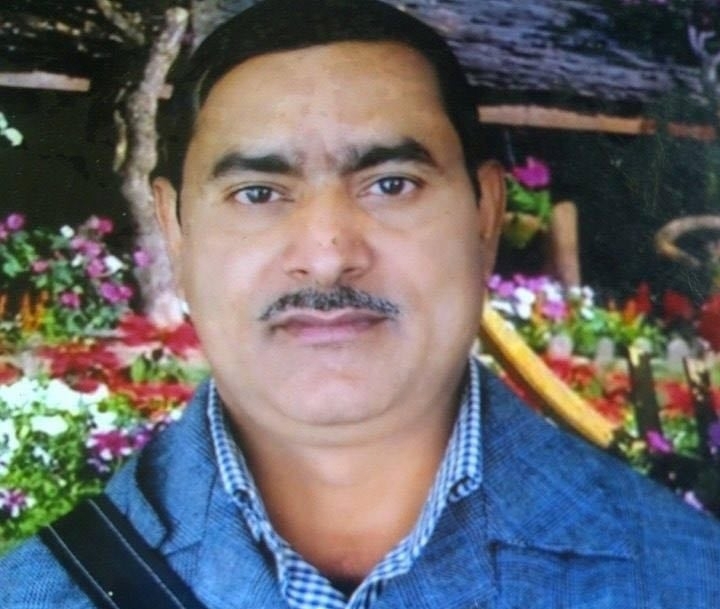

THE HAGUE: The Global Campaign for the Release of Political Prisoners in Bhutan (GCRPPB) has expressed serious concern over Bhutan’s denial of involvement in the disappearance of exiled human rights defender Lok Nath Acharya.
In a press release issued from The Hague, the organization strongly objected to Bhutan’s formal response to a United Nations communication, calling it evasive and lacking accountability. The UN communication, coded AL BTN 1/2025, had raised questions regarding Acharya’s suspected enforced disappearance in 2014.
Acharya, a member of the exiled Lhotshampa community who was forcibly evicted from Bhutan in the early 1990s, was a peaceful advocate for refugee rights through the Bhutan Human Rights Organization while living in Nepal.
According to a joint statement issued by four UN Special Rapporteurs—including Mary Lawlor and Gabriella Citroni—Acharya was reportedly arrested by plainclothes officers in India on October 16, 2014, and subsequently taken to Bhutan, where he was believed to be detained in Rabuna military prison in Wangdue Phodrang district. Since then, his family has had no contact or information about his condition.
Despite these credible claims, Bhutan in its July 2 reply denied that Acharya had been arrested, transferred, or detained by Bhutanese authorities. It also claimed no legal authority to conduct operations abroad and asserted it had no knowledge of the case.
GCRPPB described this position as deeply troubling, especially given the seriousness of the allegations and the absence of any transparent investigation in over a decade.
GCRPPB urged the Bhutanese government to cooperate fully with UN human rights mechanisms, initiate an independent investigation into Acharya’s case, and publicly disclose all available information about his whereabouts.
The organization also called for access to relevant detention sites by impartial observers and asked Bhutan to reaffirm its commitment to protecting the rights of human rights defenders and refugees.
Moreover, GCRPPB emphasized the importance of constructive dialogue with Acharya’s family to ensure truth and justice.
Founder and global coordinator of GCRPPB, Ram Karki, said the case is not just about one individual, but about Bhutan’s sincerity in addressing grave international human rights concerns.
He stressed that truth, transparency, and accountability are essential to rebuilding trust and upholding the fundamental rights of all individuals.